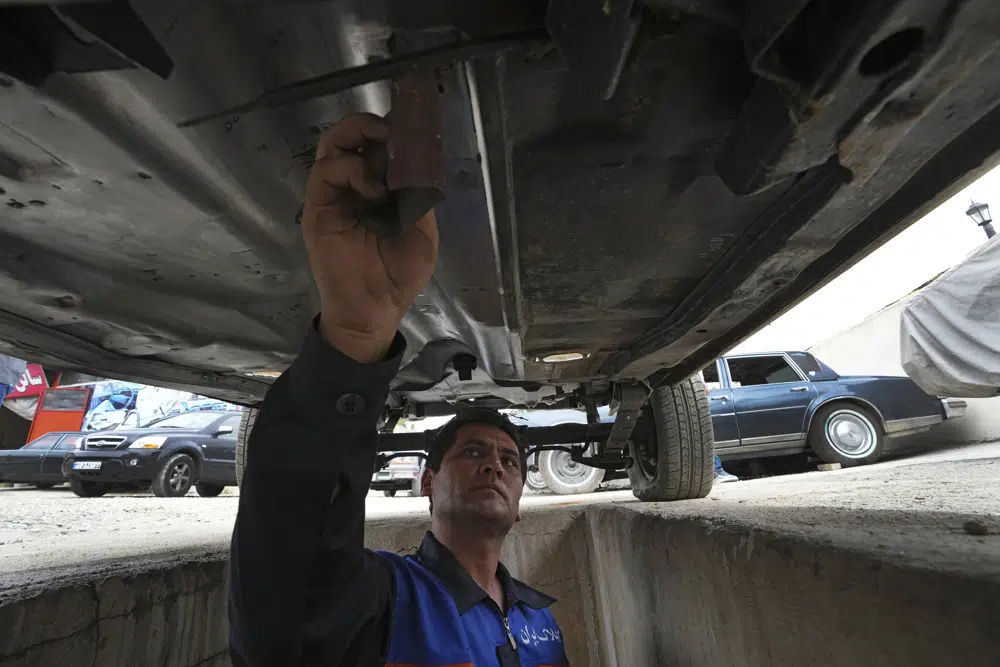The U.S. Department of Agriculture announced on Wednesday its intention to address misleading or false animal-welfare claims found on meat and poultry packaging. Through new guidance and testing measures, the department aims to tackle this issue.
These claims, such as “pasture-raised,” “humanely raised,” and “raised without antibiotics,” have gained popularity among consumers and allow producers to charge higher prices. For instance, Perdue’s “free range” chicken breasts, raised without antibiotics, are sold for $5.78 per pound at Walmart, while the store brand chicken breasts without such claims are priced at $2.79 per pound.
Both meat producers and animal welfare advocates express concerns about the USDA’s insufficient substantiation of these claims and its failure to ensure they meet consumer expectations. Some terms, like “humane,” are left to producers’ interpretation, resulting in varying animal conditions. Although the USDA has clear definitions for terms like “free range,” certain producers find ways to bypass the requirements.
The USDA is responsible for approving all animal welfare claims on meat and poultry labels prior to their sale. However, unlike “organic” claims, which undergo personal verification by government regulators, animal welfare claims are currently substantiated through paperwork submitted to the USDA.
Sandra Eskin, the USDA’s deputy undersecretary for food safety, stated that the USDA lacks the regulatory authority to directly verify animal welfare claims on farms. This creates an imbalance where some companies adhere to the law while others do not, which is deemed unfair.
To address this issue, the USDA intends to update its guidelines and mandate additional documentation from companies making animal welfare claims. Furthermore, the USDA will strongly encourage these companies to engage third-party verification organizations like Human Farm Animal Care, a non-profit group based in Virginia that certifies animal welfare claims.
In order to substantiate claims of “no antibiotics,” the USDA plans to explore new testing methods that can detect traces of antibiotics in animals upon their arrival at processing plants.
Eskin mentioned that the USDA might update the definitions of certain claims, a change that has been requested by some producers. For instance, Perdue Foods, a prominent poultry and pork producer, urged the USDA to provide clarification on the distinction between “free range” and “pasture raised.” According to Perdue, the agency currently uses these terms interchangeably, despite the fact that “free range” chickens may roam in dirt or shrubs rather than actual pasture.
The Animal Welfare Institute, a nonprofit organization monitoring animal welfare claims submitted to the USDA, discovered that 85% of the 97 claims it reviewed lacked sufficient documentation to substantiate the claims.
Dena Jones, director of the Animal Welfare Institute’s farmed animal program, highlighted the inadequacy of many substantiation documents, often consisting of just a sentence or two stating “I raise my animals humanely.”
Jones acknowledged the USDA’s overwhelmed state due to the influx of new claims as producers strive to meet consumer demand for higher animal welfare standards. Last year alone, the government received over 120 label applications per week, as reported by Eskin.
Nevertheless, Jones commended the steps being taken by the USDA, particularly their focus on promoting third-party verification. She emphasized the benefits of this approach for animals, the environment, farmers investing more in improved practices, and the streamlining of the USDA’s own processes.




























